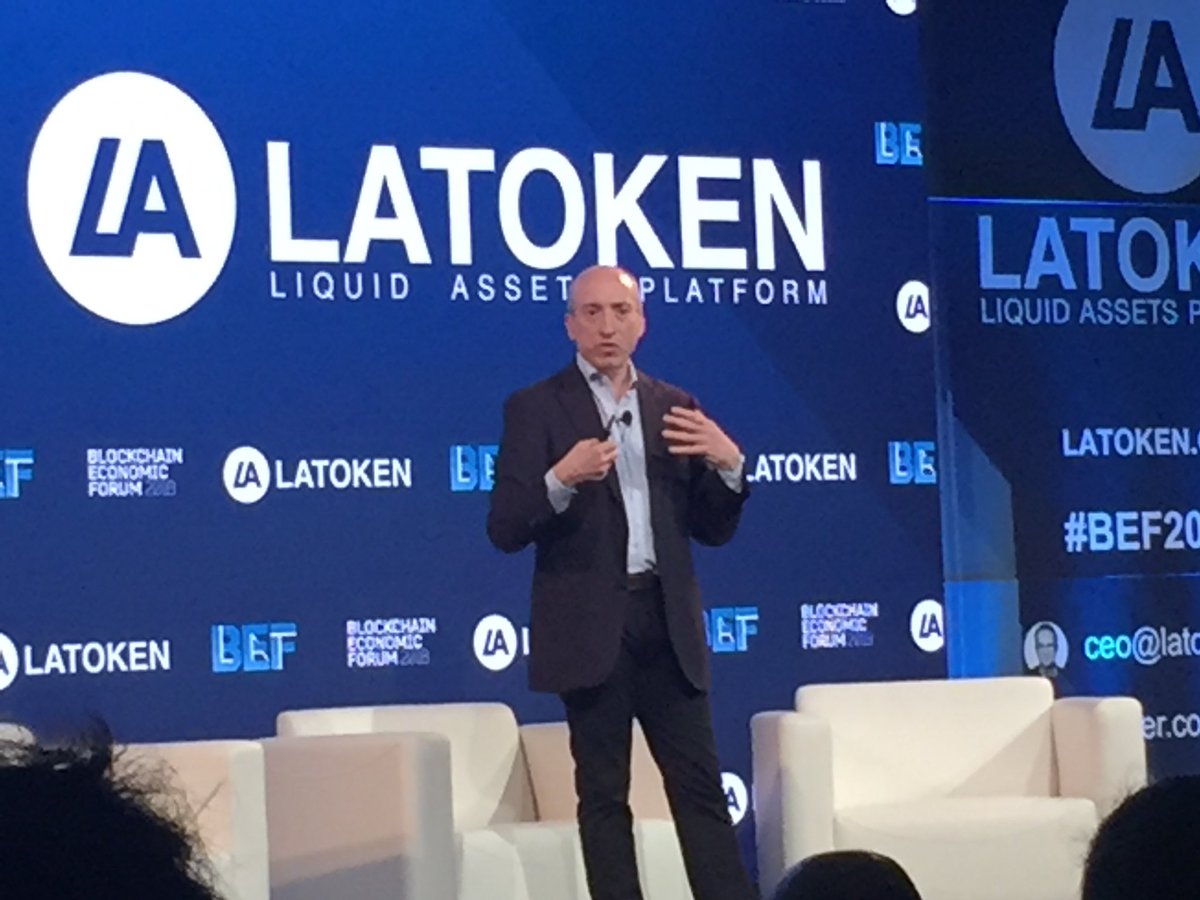Plenty of exciting stuff in crypto in Asia goes overlooked in the US.
Here are some updates this week from #Asia in #crypto amidst a bear market:
Here are some updates this week from #Asia in #crypto amidst a bear market:
From the Philippines 🇵🇭:
SEC is looking to define all tokens as securities by default. Earlier, it also deemed crypto cloud mining contracts as securities. This increases false positives (non-securities deemed as securities).
Source: sec.gov.ph/wp-content/upl…
SEC is looking to define all tokens as securities by default. Earlier, it also deemed crypto cloud mining contracts as securities. This increases false positives (non-securities deemed as securities).
Source: sec.gov.ph/wp-content/upl…
From Hong Kong 🇭🇰:
A bike-sharing startup has sold its majority stake in exchange for crypto. It will use its tokens to reward renters and promote bike usage. Convincing HK users to use bikes AND set up crypto wallets...hmm 🤔
scmp.com/business/compa…
A bike-sharing startup has sold its majority stake in exchange for crypto. It will use its tokens to reward renters and promote bike usage. Convincing HK users to use bikes AND set up crypto wallets...hmm 🤔
scmp.com/business/compa…
From China 🇨🇳:
@Vechain1 is working on a traceability solution to combat vaccine fraud in China. According to their team, they are the only provider approved by Shanghai officials.
Source: medium.com/@vechainoffici…
@Vechain1 is working on a traceability solution to combat vaccine fraud in China. According to their team, they are the only provider approved by Shanghai officials.
Source: medium.com/@vechainoffici…
From Korea 🇰🇷:
@HuobiGroup aims to target 30% of the local market in Korea by next year and has allegedly attracted 200K users within first 2 months. Besides being an exchange, Huobi has also set up a 100 billion won fund (~$885USD).
theinvestor.co.kr/view.php?ud=20…
@HuobiGroup aims to target 30% of the local market in Korea by next year and has allegedly attracted 200K users within first 2 months. Besides being an exchange, Huobi has also set up a 100 billion won fund (~$885USD).
theinvestor.co.kr/view.php?ud=20…
From Thailand 🇹🇭:
Bank of Thailand allows Thai banks to issue digital tokens, provide crypto brokerage, deal in crypto businesses and even invest in crypto - but only through subsidiaries.
cointelegraph.com/news/bank-of-t…
Bank of Thailand allows Thai banks to issue digital tokens, provide crypto brokerage, deal in crypto businesses and even invest in crypto - but only through subsidiaries.
cointelegraph.com/news/bank-of-t…
On a personal note, I'm moving back to Asia to focus on crypto full time. If anyone is working on exciting projects, feel free to reach out via DM!
• • •
Missing some Tweet in this thread? You can try to
force a refresh





